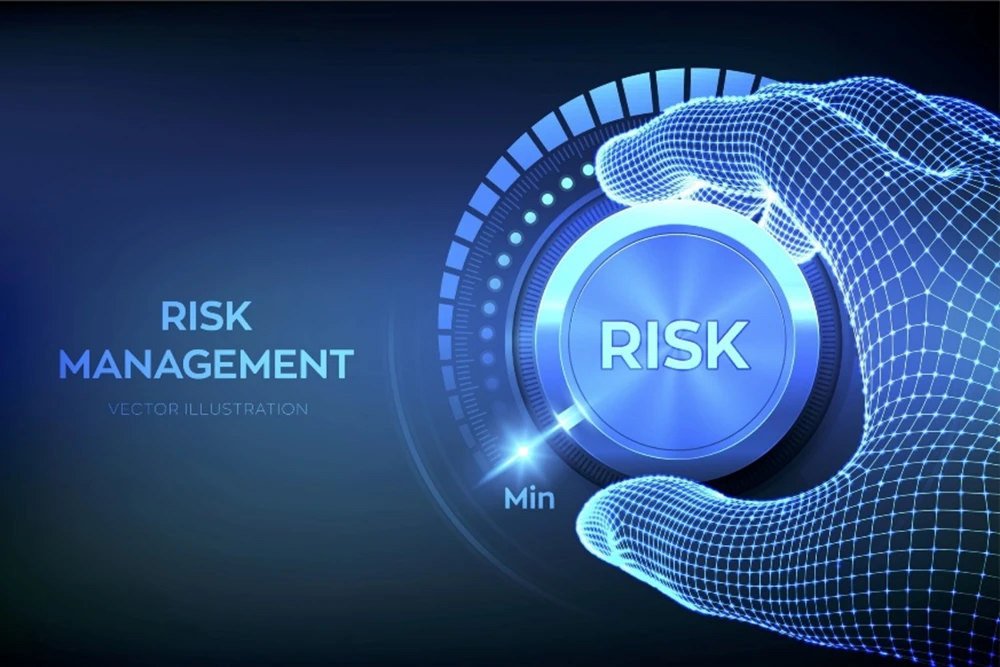
The Importance of Risk Management for Non-Profit Organizations: Why Every NPO Needs a Risk Management Plan
In the world of non-profit organizations (NPOs), where passion and purpose drive operations, risk management might seem like a topic reserved for the corporate sector. However, the reality is that NPOs face a wide range of risks—financial, reputational, operational, legal, and even strategic—that can severely affect their ability to deliver on their mission. This is why having a comprehensive risk management plan is not a luxury, but a necessity.
Risk management is the process of identifying, assessing, and mitigating the potential risks that could negatively impact an organization. A risk management plan outlines these potential threats and provides strategies to reduce their likelihood or impact.
The ultimate goal of any NPO is to serve its beneficiaries and fulfill its mission. A serious risk—such as fraud, data breaches, or operational failure—can derail activities, damage credibility, and erode public trust. Proactive risk management ensures that the organization remains resilient and focused, even when challenges arise.
Donors, grant-makers, and sponsors expect transparency and accountability. A risk management plan signals that the organization is responsible and forward-thinking. It reassures funders that their investments are protected, which enhances credibility and helps secure ongoing support.
NPOs must comply with various legal requirements, such as tax laws, labor regulations, and data protection rules. A risk management plan helps ensure that policies and procedures are in place to avoid legal breaches that could result in fines or the loss of non-profit status.
When risks are clearly identified and analyzed, leadership can make informed decisions with a full understanding of potential consequences. This leads to smarter resource allocation, better project planning, and stronger governance.
Risk management also involves ensuring the physical and emotional safety of everyone involved in the organization. Whether it’s safeguarding against workplace accidents or ensuring child protection measures are in place, this process helps create a secure and ethical environment.
From natural disasters to cyberattacks, crises can occur without warning. A risk management plan often includes a crisis response strategy, enabling the organization to respond quickly and minimize disruption when emergencies arise.
By reducing the likelihood and impact of negative events, NPOs can build stronger, more sustainable organizations. This not only enhances day-to-day operations but also increases the organization’s ability to grow and expand its impact over time.
Risk management may not be the most glamorous part of running an NPO, but it is one of the most essential. A well-crafted risk management plan empowers organizations to navigate uncertainty with confidence, protect their people and resources, and continue making a difference in the communities they serve. In a world where challenges are inevitable, preparation is power. Risk management is that preparation.
Whether you’re starting a new nonprofit or strengthening an existing one, this course is designed to equip you with the skills and knowledge needed to excel in the nonprofit sector.
Throughout the course, you will:
1. Understand Compliance Requirements: Gain a clear understanding of legal and regulatory obligations to ensure your nonprofit remains compliant.
2. Learn Good Governance Policies: Explore best practices for financial management and operational policies to maintain accountability and transparency.
3. Master HR and Volunteer Management: Develop the skills to create effective HR contracts, manage staff, and foster strong relationships with volunteers.
4. Improve Marketing and Communication: Learn to effectively market your services and communicate your mission to key stakeholders.
5. Engage Donors and Clients Professionally: Acquire techniques to build and maintain respectful and sustainable relationships with donors and clients.
The course fee is R3500-00 – NPO Development.
For more information contact [email protected] or phone the office at (016) 976-2064.